The iPad is "the poster child of the post-PC revolution," according to Apple CEO Tim Cook, who expressed no concerns about the company's industry-leading tablet undercutting sales of the Mac platform on which Apple was founded.
Apple's iPad mini, iPad, and iPhone.
Due to a combination of supply constraints and an admitted level of cannibalization due to the iPad, Apple's Mac sales dropped 17 percent last quarter, with the unit posting its lowest numbers in some time. Cook remains unperturbed by such figures.
"If you look at when we came out with the iPad, what did people worry about? They worried, 'Oh my god, you're going to kill the Mac,'" Cook explained. "The cannibalization question raises its head a lot. The truth is: we don't really think about it that much. Our basic belief is: if we don't cannibalize, someone else will."
Cook reiterated a position he espoused late last year: that the firms that have the most to worry about with regard to cannibalization by the iPad are Windows PC makers, not Apple.
"In the case of iPad particularly, I would argue that the Windows PC market is huge and there's a lot more there to cannibalize than there is of Mac, or of iPad."
iPad sales have over the last two years solidly outperformed a contracting PC market, making Apple the top PC manufacturer when tablets are counted. Cook was quite cognizant of that fact in the interview.
"If you look at the full year last year, there were more iPads sold than [market leader Hewlett-Packard] sold of their entire lineup," Cook said. "I think we're in the early part of this game. The projection is that the [tablet market] will triple in four years."
"I think if a company ever begins to use cannibalization as a primary — or even major — factor of what products to go to, it's the beginning of the end."
The Apple CEO went on to discuss what he sees as the future of the post-PC market. The tablet sector, he said, will be huge: "the mother of all markets," in fact. Developing markets such as Brazil and China — where the iPad mini debuted to high demand — represent a considerable opportunity for Apple, Cook opined.
"You would find that over 50 percent of the people in countries like China and Brazil that were buying an iPad don't own an Apple product," he said. "This is a huge thing for us to go out and show people what Apple is and introduce them to the company."
That ability to bring in new customers tends to pay off for Apple, Cook noted, as new customers tend to come under the influence of Apple's "halo effect": the notion that, once a consumer has bought an Apple product, she is more likely to buy another Apple product in a different category.
"Through the years, we've found a very clear correlation between people getting in and buying their first Apple product and some percentage of them buying other Apple products."
On the whole, Cook was skeptical of the importance of cannibalization, except possibly as a metric for a company's future success. The trick, he said, is not to dwell on it
"I think if a company ever begins to use cannibalization as a primary — or even major — factor of what products to go to, it's the beginning of the end."
 Kevin Bostic
Kevin Bostic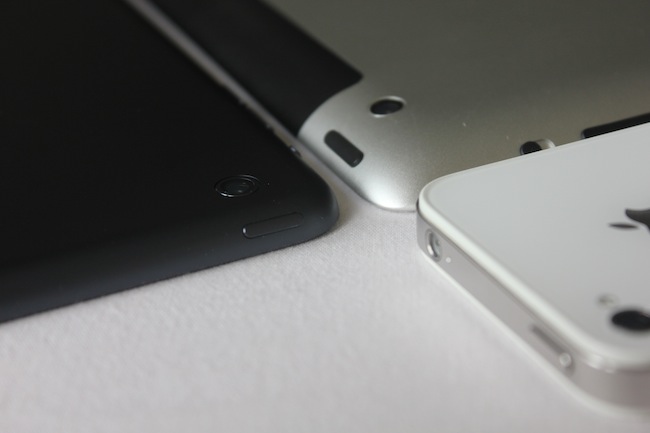














 William Gallagher
William Gallagher
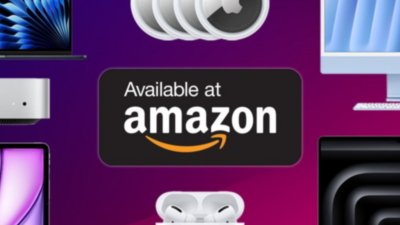
 Christine McKee
Christine McKee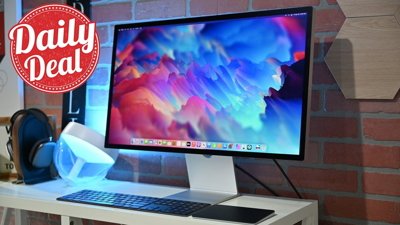
 AppleInsider Staff
AppleInsider Staff
 Chip Loder
Chip Loder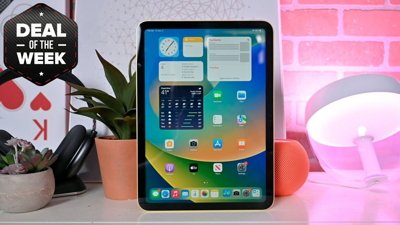
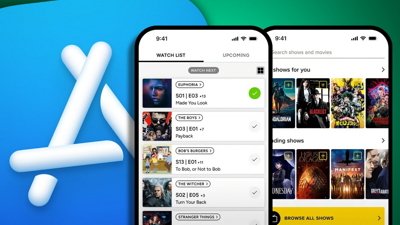
 Malcolm Owen
Malcolm Owen
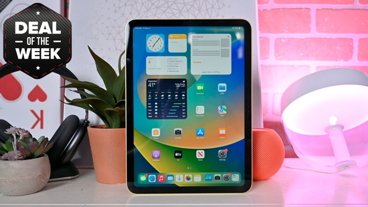
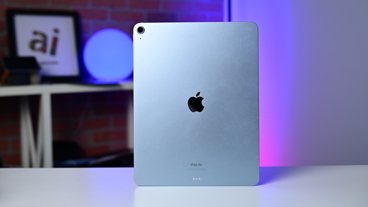
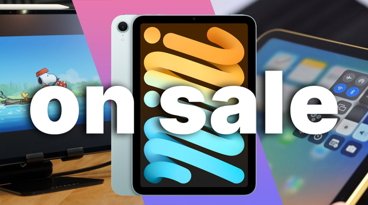






41 Comments
[SIZE=4][I]"When the Mac first came out, Newsweek asked me what I [thought] of it. I said: Well, it’s the first personal computer worth criticizing. So at the end of the presentation, Steve came up to me and said: Is the iPhone worth criticizing? And I said: Make the screen five inches by eight inches, and you’ll rule the world."[/I] ~ Alan Key, circa 2007[/SIZE]
"I think if a company ever begins to use cannibalization as a primary %u2014 or even major %u2014 factor of what products to go to, it's the beginning of the end." Great line. And I agree.
I don't think a rational person can argue that we're in a post-PC era and worry about cannibalization of the Mac line at the same time. Reading between the lines, this is what Cook is saying. Fact: Many people only need a device that will allow web surfing, check email, pay bills, etc. The need for a personal computer in the traditional sense just isn't there like it was before.
He's spot on about the "halo" effect, too, and what other tech manufacturer has this? No one that I can think of. Over a year ago, I owned zero Apple products, didn't want any. My oldest daughter wanted an iPod Touch and I gave in. 18 or so months later, we're up to something like 11 Apple products in the household. I'm not bragging or boasting, just proving his point.
Another great line on 9to5 but not here, Cook said "I have no idea what market share is, because we’re the only company that reports what we sell.”
One of the most awesome things I've read today!
Apple was founded on the Apple I/II not the Mac.